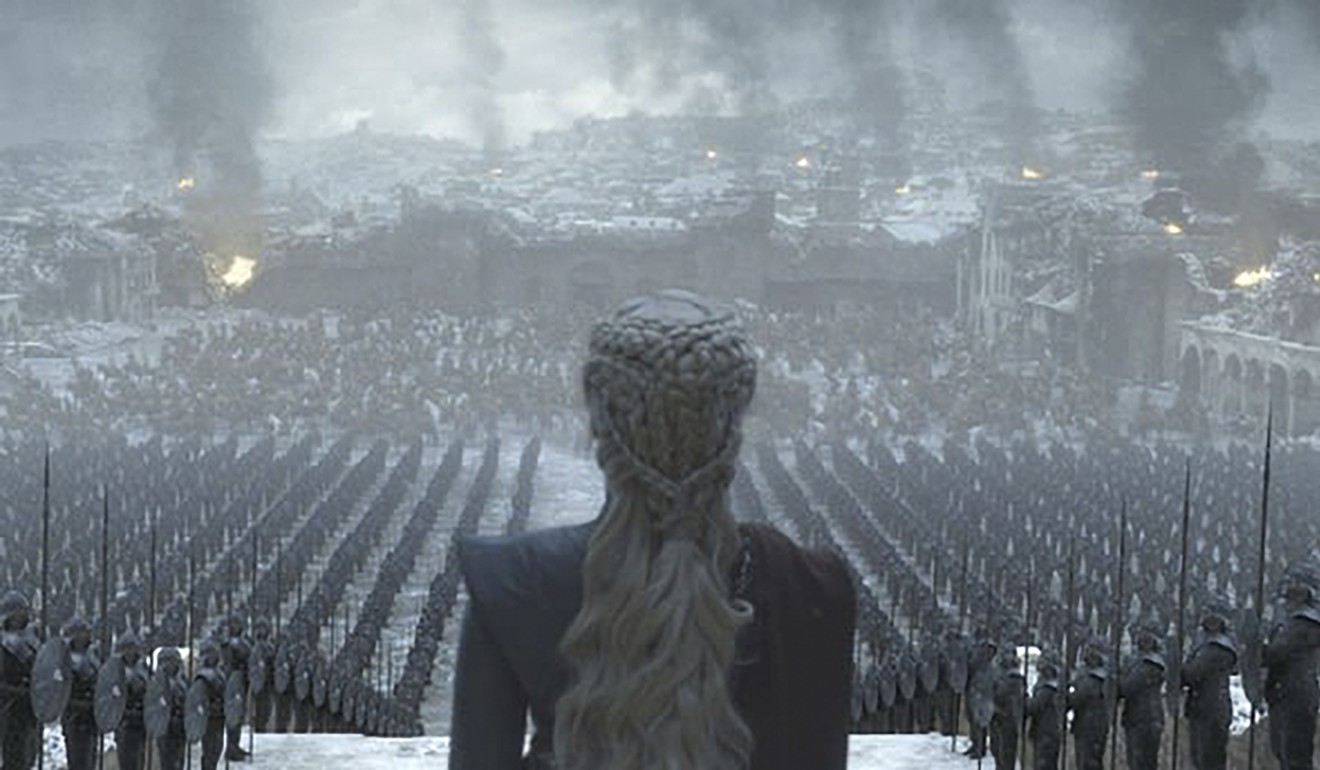Political change is in the air, from Europe to India and Australia, and markets should take heed
- Recent elections around the world have mostly produced surprises and attacks on the status quo. The ripple of change will have an effect on the overstretched market, so we should expect bloated prices to fall

“The wind of change is blowing through this continent. And whether we like it or not, this growth of national consciousness is a political fact.” These words were spoken by British prime minister Harold Macmillan in 1960 about Africa but can be easily applied today to the continent of Europe. Following the European Parliament elections this week, the traditional parties have found themselves on the back foot.
The battle for Europe is about to begin, as the elections saw increasing support for reform from within that seeks to box in the patriarchal arrogance of the current crop of European Union leaders. It is somewhat ironic that the model of Europe as a collective of nations seems more popular, now that Britain has shaken itself apart for the last three years for suggesting such a thing.
The Brexit policy of just bailing out into the dark and stormy night has been quietly ditched over the Channel. Even in the UK, Remain parties outvoted Brexit supporters by 40 to 35 per cent in the European elections. Meanwhile, the “Brexidiots” and the “Remoaners” continue to battle it out in a race to the bottom, leaving Britain with no prime minister and a rudderless government.
My money is still on the UK falling out of Europe but if the European side became less federally extreme, it is just possible that a deal might be done before the UK jumps — or not long after.
The European elections are the second largest democratic vote in the world – with some 400 million people eligible to cast their ballots. That is 6 per cent of the world’s population. The largest is that of India, which has an electorate of 900 million. Together with recent general elections in Australia, Spain and South Africa, some 18 per cent of the world’s population has been able to vote in the past 30 days.
The winds of change have also affected India with the ruling Bharatiya Janata Party, or BJP, taking a strong controlling majority. Such dominant power can be used to advance radical economic reforms, as China did late last century. This was hoped for in Prime Minister Narendra Modi’s first term, but he failed to deliver against India’s vested interests. He now has the power, although it would be a surprise if he can muster up the will.
In all of these elections, there was a real attack on the status quo — except in Spain, which already had its seismic shift to the right last time. In most elections, there were surprises, such as the size of Modi’s majority, the victory by Australian Prime Minister Scott Morrison against the odds, and the success of the UK’s newly formed Brexit Party in the European elections.
Investors should normally regard politics as producing heat but little light affecting short-term sentiment rather than long-term economics. Some of these underlying political changes are so fundamental however, that the ripples may permeate through to the markets.
A European Parliament more willing to take on the dictatorial civil servants of the European Commission could make Europe more business friendly, especially towards smaller companies. This could have surprising business consequences — being friendlier to Britain could unexpectedly help the pound to appreciate.
It is a mistake to think that this democratic uncertainty is a sign that the process is inefficient or even dead. Democracies look messy during adjustments, but they handle changes well. The messiness is proof that the winds of change are working their way across the world.
The digital age has provided a radically different landscape for business and government. Social media is injecting new ideas, concepts and methods into minds all over the world. Personal privacy is becoming a thing of the past. The leaders of global powers are no longer veterans who have experienced the horrors of unconfined war but are from softer, privileged backgrounds, whose significant experience of conflict is probably Game of Thrones.
Worryingly, some view international conflict as a game in a way that the previous generation dare not. These gusts threaten the established political lines.

The winds of change blow harder when we consider the lack of progress in the trade negotiations between the United States and China. That in itself will spur adaptability in our economy that will make it a superpower economic equal — not just an exporter of cheap goods.
In this environment, the current stock market looks very overstretched. Prices this quarter may have fallen around 4 per cent in the US and nearly 8 per cent in Hong Kong but that is from near all-time highs. It is difficult to see why share prices are so resistant. Inflation is down but so is economic growth.
Corporate earnings growth is tailing off and we are three years past this current seven-year growth cycle. There is excessive assurance that the Chinese and American authorities will rescue falling markets by reining in interest rates — but that is a game that can only last so long.
The winds of change are sweeping the environment and we should not be surprised if the markets are blown off another 10 per cent by midsummer.
Richard Harris is chief executive of Port Shelter Investment and is a veteran investment manager, banker, writer and broadcaster, and financial expert witness